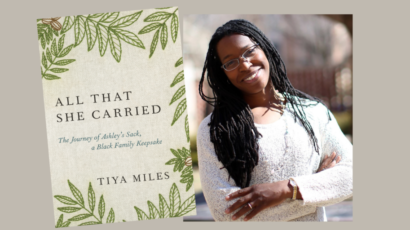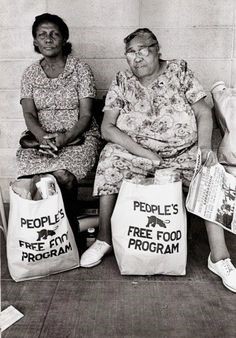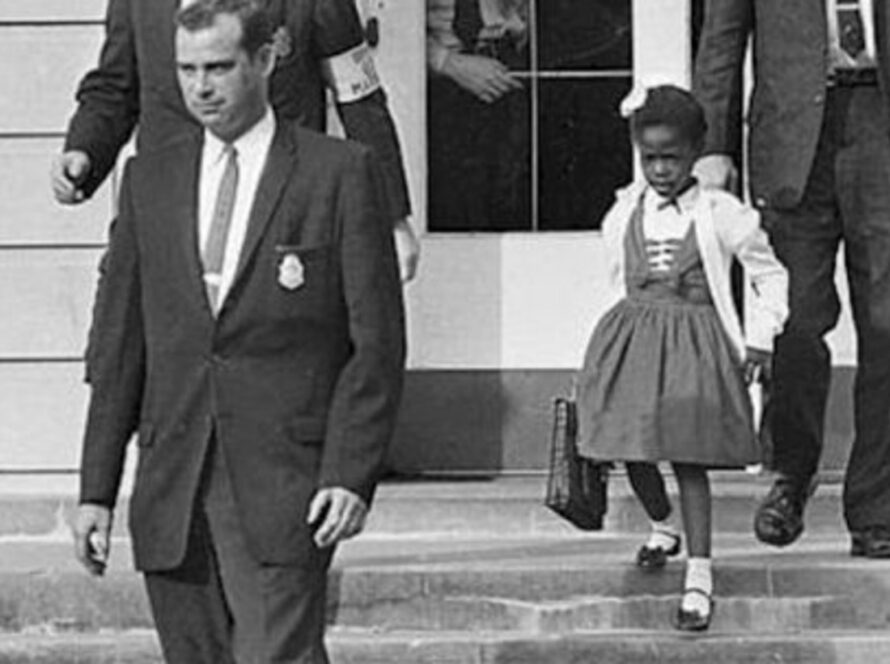Lesson 48 –
Jeremiah 33:14-16 NRSV
14 The days are surely coming, says the Lord, when I will fulfill the promise I made to the house of Israel and the house of Judah. 15 In those days and at that time I will cause a righteous Branch to spring up for David; and he shall execute justice and righteousness in the land. 16 In those days Judah will be saved, and Jerusalem will live in safety. And this is the name by which it will be called: “The Lord is our righteousness.”
BACKGROUND
One of the most popular scriptures that graduates what on their special day is Jeremiah 29:11. “For surely I know the plans I have for you, says the Lord, plans for your welfare and not for harm, to give you a future with hope.” Jeremiah is a prophetic text because of its compelling, encouraging Divine language, but also because it is filled with practical steps to survive.
Jeremiah also instructs the exiles to “build houses and live in them; plant gardens and eat what they pro-duce.” In your own devotional period, read the entire 29th chapter. Do any of these words resonate for you? Which ones?
Today’s lesson will focus on hoping for a safer future. Read the scripture aloud together. What is happening during this passage?
The prophet has a vision. The writer says in the voice of God, “the days are coming when I will make good on my promise to Israel and the house of Judah.” And people should keep watch because God will cause a “righteous Branch” to spring up for David, who will bring justice and righteousness to the land. God promises that Judah will be saved, and Jerusalem will live in safety. The people will be called by their salvation, “the Lord is our righteousness.”
How does Jeremiah know that the “days are coming?”
The writer of Jeremiah is deeply in tune with the struggles of the people. And so, he embodies the civil rights adage– “The people closest to the problem are the best equipped to see the solution.” Jeremiah’s audience is the exiled people. People for whom the future and possibility are bleak. As another saying goes, when you are at rock bottom, anywhere you go is Up. Jeremiah, and his people, certainly qualify for this cliche.
Professor Margaret Odell, Professor Emerita of Religion at St. Olaf College notes that
Jeremiah’s world is in a state of collapse. Jeremiah him-self is in prison for preaching that God would deliver the kingdom into the hands of Nebuchadnezzar for their failure to keep the covenant with YHWH. Meanwhile, the inhabitants of Jerusalem desperately attempt to protect themselves from Nebuchadnezzar’s inevitable invasion.
Jeremiah is not on a cushy writer’s retreat. He himself is in trouble. This gives him perspective to not only warn, but to hope.
Who is the branch?
As today is the first day of Advent, it might be a very obvious inference to say that “Jesus is the branch!” But wait! The prophets of this time could see a lot, but they were not pointing explicitly to Jesus. It is important to hold Jeremiah (and all the wisdom and writings of the Old Testament) to their time. No need to rush to the gospels! There’s good news in the words when they were written.
Consider the qualifications:
1. Someone who executes justice
2. Someone who executes righteousness
3. Someone who does these things throughout the land
The branch is characterized as someone who does all three of these things. While Jeremiah is writing about a singular Branch, we know that trees have multiple branches. There’s not a tree with just one branch, or the possibility of just one branch.
When we read this scripture, we can find ourselves in it. Do we seek justice and righteousness throughout the land? Do we support and pray for people who do these things? We do not have to wait for a branch to show up and save us, we can step up and focus on justice and righteousness. In fact, Jeremiah instructs the people to take matters into their own hands throughout his writings.
What questions do you still have of this scripture? How will you commit to journeying with this text this week?
 CONNECTION TO TODAY’S WORLD
CONNECTION TO TODAY’S WORLD
In a new heart-wrenching novel, historian Tiya Miles details the life of an enslaved woman who rushed to pack a personalized bag with significant things for her child who would soon be sold away. In South Carolina in the 1850’s (so close to the Emancipation Proclamation in 1863), Rose learned that her 9-year-old daughter would be sold off and they’d be separated forever. She packed a bag with personal things and food. The bag stayed in the family and was passed on from one generation to the next.
Rose cut off one of her own braids and packed it for her daughter. As an enslaved woman whose own body did not belong to her, Rose packed a piece of herself away anyway. She sent herself into the future with her daughter, even if she could not be there in the flesh.
This is a very sacred tradition in Black families. We pass down fur coats, recipes, journals, homes, wisdom, old baby clothes, quilts. Sending things into the future that will care and nurture our future generations is an act of love and resistance. And hope! We put our hope in a very small chance that someone in the future will be able to enjoy the things we share. And we pray that what we share will sustain and nourish them, even when we are not here. That is a BIG hope.
JOURNAL: If you could build a future where you were with-out worry or care, who would you trust from your current life there? Why?
Closing: Listen to “Someday We’ll All Be Free” from Donny Hathaway
Hang on to the world as it spins around
Just don’t let the spin get you down
Things are moving fast
Hold on tight and you will last
Keep your self-respect, your manly pride
Get yourself in gear
Keep your stride
Never mind your fears
Brighter days will soon be here
Take it from me, someday we’ll all be free, yeah Keep on walking tall
Hold your head up high
Lay your dreams right up to the sky
Sing your greatest song
And you’ll keep going, going on
PRAYER:
Dear God, You are the original Time Traveler.
You step in and out of history to learn more about humanity.
You hold time, you pace time, you are time.
We do not know what the future holds, but we know that you hold our hands.
We do not know what future generations will learn from this moment, but we do put our hope that they will learn from our mistakes and successes.
Today, we ask that you bless us with a long vision.
Help us to see be-yond today and this month.
Show us how to store resources, stories, goods, and love for the next generation.
May we set them up even better than we were.
In Jesus’ name we pray, Amen.
WORKS CITED
https://www.npr.org/2021/09/07/1034799345/how-a-cotton-sack-passed-down-over-generations-tells-a-larger-story-about-slavery
https://www.workingpreacher.org/commentaries/revised-common-lectionary/first-sunday-of-advent-3/commentary-on-jeremiah-3314-16-5





